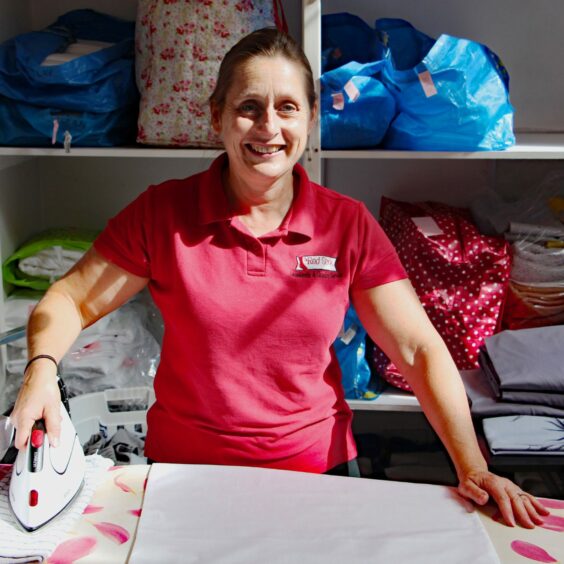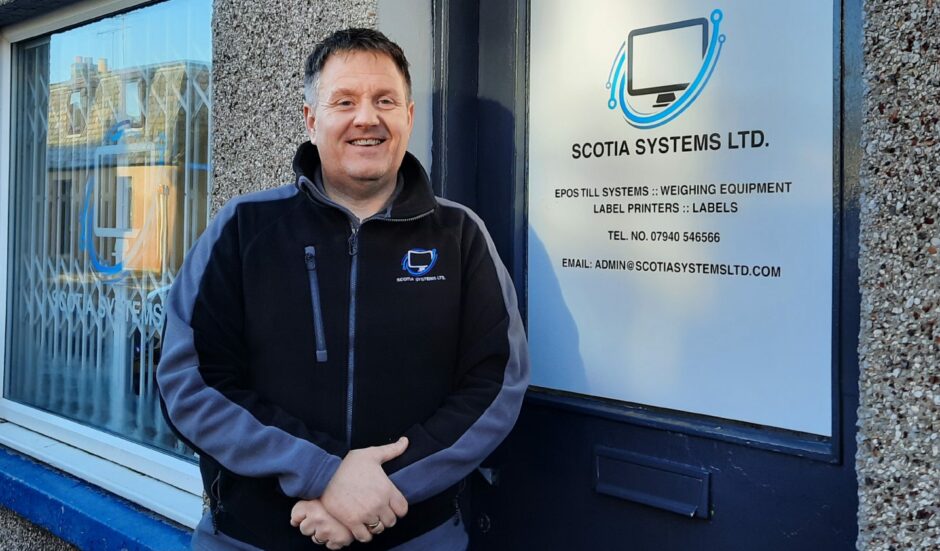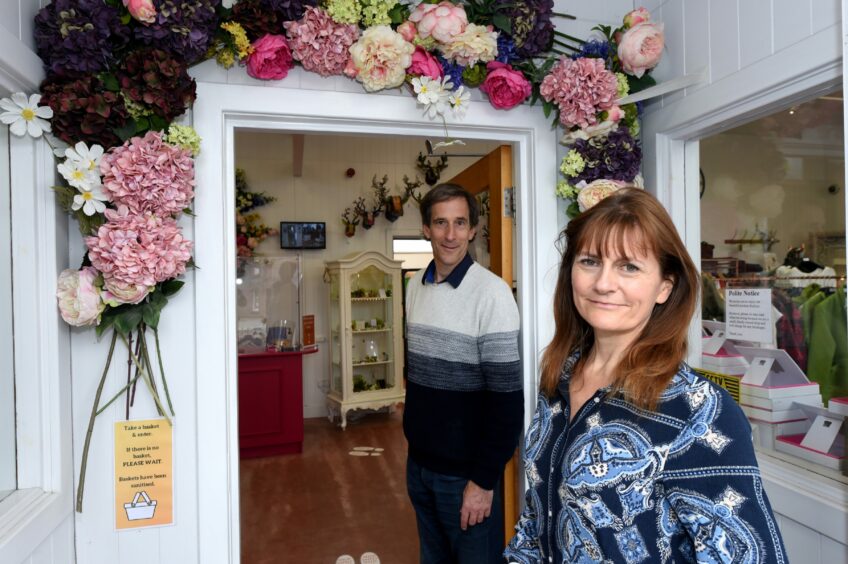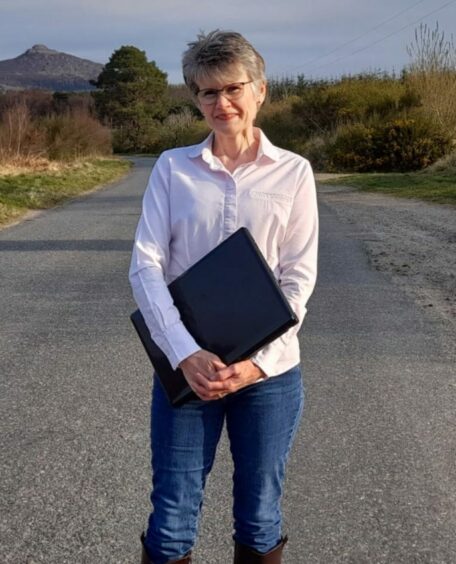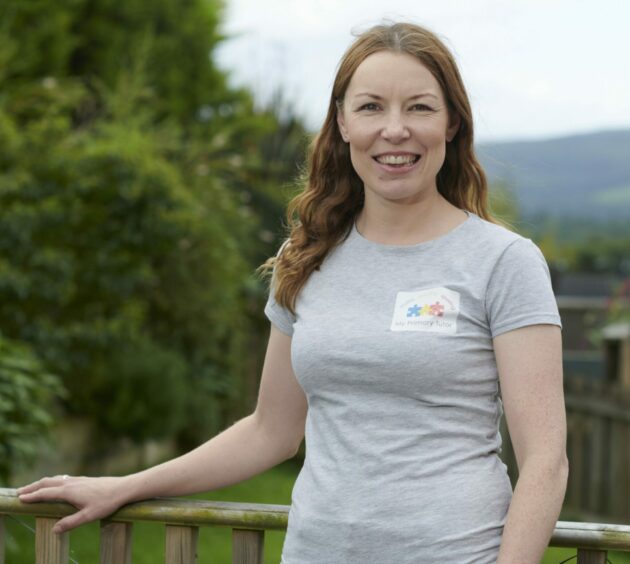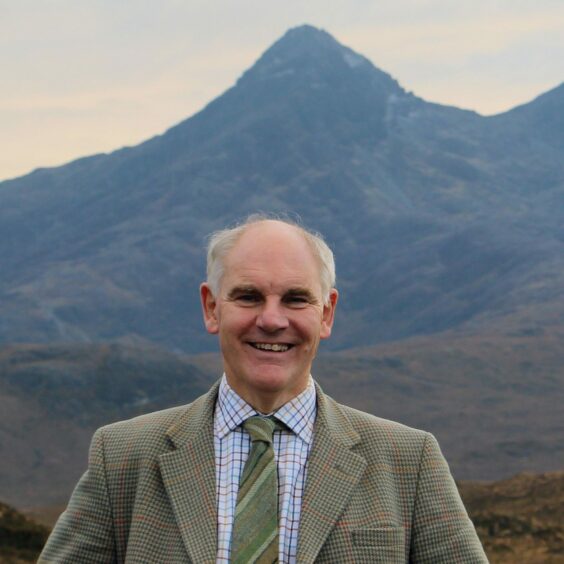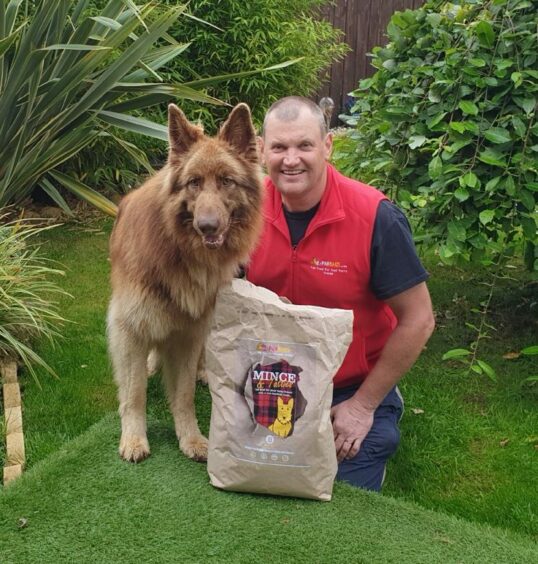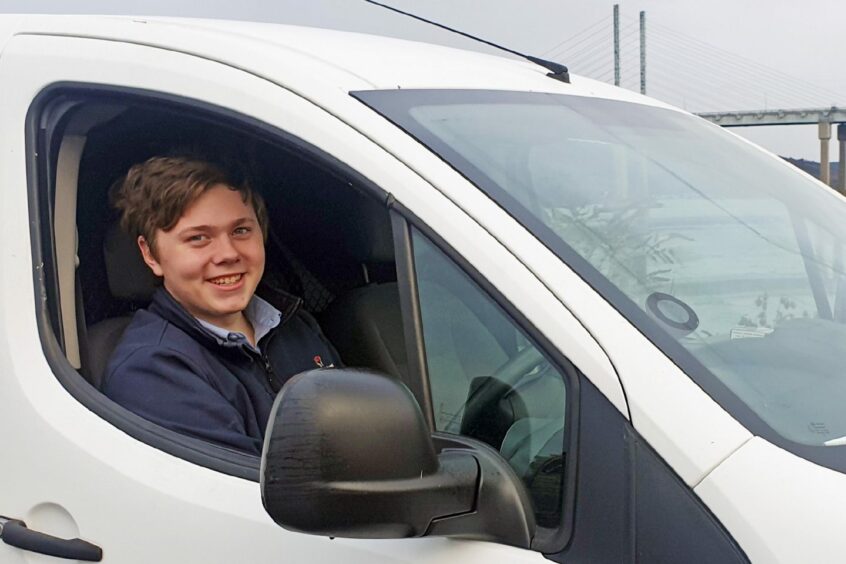Covid-19 came out of the left field and transformed all our lives in an instant.
Now, as we emerge from the pandemic, it is time to take stock.
Shutting down whole swathes of the UK economy overnight is not just rare, it’s unheard of.
As the pandemic progressed, Federation of Small Businesses (FSB) survey after survey revealed the toll Covid was taking on local businesses.
The innate insecurity of self-employment and the volatility in income levels have come into sharp focus during the Covid-19 crisis.”
For example, in the dark lockdown days of January, an FSB Scotland survey found that, reflecting the region’s visitor-based economy, more than half of Highland businesses were closed, compared with a quarter in Aberdeen city and shire.
In excess of one-third of the former described themselves as really struggling and barely staying afloat, while for the latter it was just over one in five.
By late summer, three months or so after unlocking, the situation had improved, with around one in 10 really struggling across the region.
Eye-watering, large sums of public money have been pumped into the economy and countless businesses are alive today as a result – though many are carrying debts that must be repaid.
There are also many company directors, the excluded, who received nothing.
And there are all the businesses that could technically open so received little support, even though there were very few customers for them to serve.
So where are we now? Well, life is still very uncertain for many, and particularly for those in tourism – the absence of overseas visitors has cost the Scottish economy more than £2.5 billion.
Major challenges ahead
Many businesses are struggling to find staff, and facing supply chain difficulties as well as rising costs and reduced incomes.
Many are also worried they will not build up sufficient cash reserves to last the winter, or to pay for essential repairs and maintenance.
Rebecca Reid, of The Red Sock Laundry & Cleaning Services, in Grantown, said: “Laundries were told to stay open so we did, but the stop-starts of the tourism industry really hurt the cash-flows of businesses like ours, and we are keeping our fingers crossed for a busy winter.”
Similarly, Fergus Henderson, of Aberdeen and Turriff-based technical support and digital design firm Scotia Systems found life very tough.
Mr Henderson said: “The closure of cafes, hotels, pubs, clubs and restaurants hit two aspects of my business really hard – Epos (electronic point of sale) system rentals and the associated consumables, such as till and credit card rolls. I really suffered. Thankfully, things have now picked up.”
But there were also winners during the pandemic, particularly digital businesses.
Beauly retailers William and Helen Crawford, of The Old School, had been selling online for some years but things really took off when Covid hit.
Mr Crawford said: “Sales shot up by 500% during the first lockdown and suddenly I had to get up well before dawn each day to process orders. It was a steep learning curve but well worth it.”
Karen Simpson, of My Primary Tutor, in Inverness, said: “As home-schooling became the norm, more parents than ever saw the need for professional teaching online to support their own efforts. My Primary Tutor was ideally placed to rise to the challenge.”
As people became used to conducting business and networking online, so Aberdeenshire-based Karen Noble, of Noble VA, saw the world of homeworking, networking and virtual support open up.
Ms Noble said: “I started my virtual assistant business in late 2020, using admin skills acquired over many years to provide top-quality service to my customers online, without the need to visit their businesses in person. It was a real game-changer.”
So, while the concerns are many, all is not doom and gloom.
The owners of small businesses are a highly resilient, entrepreneurial bunch, and nowhere is this more evident than in the Highlands and Islands.
In 2020 the Global Entrepreneurship Monitor found this region to be the most entrepreneurial of Scotland’s four main regions.
Worryingly, while north-east Scotland came a close second in 2019, by 2020 it had slumped to last place. The decline in oil and gas and its supply chain was biting.
The strength of entrepreneurial spirit in rural areas was also highlighted in an FSB study into Scotland’s entrepreneurial towns, published in early 2017.
It found Ullapool and Newtonmore were the most entrepreneurial towns in the country.
Across Scottish parliamentary constituencies, of the 10 with the highest business populations, seven were in The Press and Journal’s heartland – the north of Scotland.
Remote rural communities have to be more self-contained and entrepreneurial to survive.
How has this entrepreneurialism manifested itself?
During the lockdowns we saw many businesses pivot on pinheads to redirect their operations.
Taxis were hit hard so Gavin Johnston, of Inverness Taxis, tried something new.
Mr Johnston said: “Keeping my business going and my fantastic team of drivers in employment was my number one priority.
“We developed a new app – getzz – which enables customers to order food and drink from local businesses online and have it delivered to their doors by Inverness Taxis.”
In Moray, the entrepreneurial spirit was very much alive in Stuart Mason, who started Paw Bags by accident during lockdown.
Mr Mason said: “Paw Bags was never meant to be. It was a ‘fictitious’ business that I used in my role as a marketing coach to illustrate the power of planning and being specific.
“It didn’t take long for me to realise it had all the makings of an awesome business, and on the August 1 this year, Paw Bags – tasty dog food in individual bags – was born.”
So why do people start their own businesses?
In April, an FSB Scotland report found six in 10 business owners think self-employment is an attractive way to make a living, and almost four in 10 think they are better able to achieve good work-life balances.
Self-employed people generally find their work interesting, and they are passionate about what they do.
Seizing control
It also gives them control over work patterns, while being able to contribute to their communities is also important. Making money is surprisingly far down the list.
Thomas Eccles, of Kingussie, started his first proper business when he was 17 – logistics firm Courier Crew.
Sadly, the business didn’t last during Covid but now, aged 19, Thomas is a co-director of an IT firm.
Mr Eccles said: “I’m young, fit and enjoy hard work. I’m really excited to be putting the skills I acquired at Courier Crew to good use. I love being my own boss.”
Two-thirds of the business owners we surveyed believe the self-employed and their firms are treated less favourably than larger businesses in Scotland.
If smaller businesses are the beating hearts of their communities across the north and north-east, this is something for governments and politicians at all levels to consider deeply as the recovery progresses. Quite simply, smaller businesses must be nurtured.
The innate insecurity of self-employment and the volatility in income levels have come into sharp focus during the Covid-19 crisis.
Growing our business base is vitally important and the Scottish Government has a fundamental role to play, not least in making smaller businesses more resilient.
Helping them help themselves through collective insurance schemes is one obvious way forward.
David Groundwater and David Richardson are development managers for the Federation of Small Businesses in the north-east and Highlands & Islands respectively.


